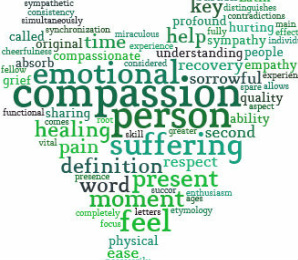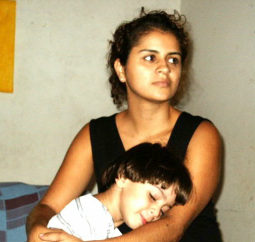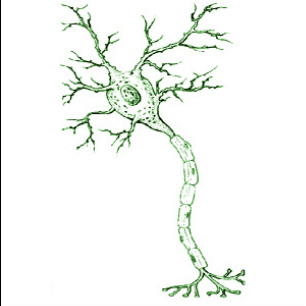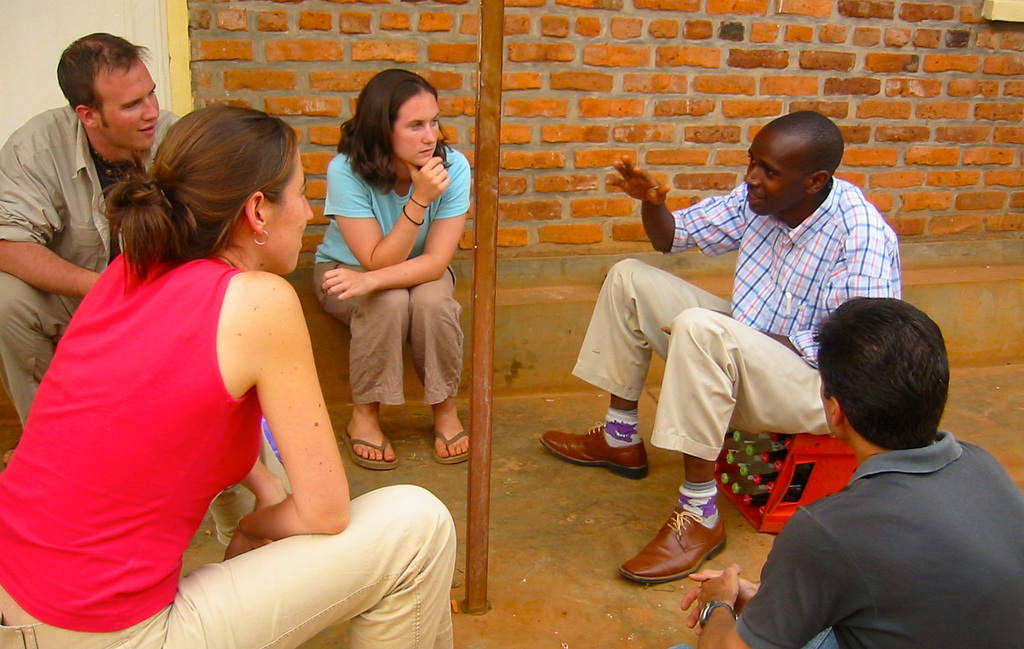For Providers
Trauma Informed Care: Transforming Organizations & Client Outcomes
#1
|
#2
|
#3
|
#4
|
#1: Trauma 101: What, exactly, do we mean by trauma?

A traumatic event is described as something that is sudden and unexpected, something we think of as overwhelming. It impacts our immediate ability to cope with the situation. It feels intense and abrupt and it can cause us to feel fear, intense feelings, and it can even lead us to feel out of control. This is generally because our physical or emotional well-being is being threatened or harmed and our stress-response system has been activated. Download this page as a document.
But complex trauma, sometimes referred to as developmental trauma, involves a few significant differences. It represents our unique, individual experience of an event or situation or ongoing condition that results in a threat to our sanity, emotional safety, or physical safety, even our developmental processes. This means that what is perceived as traumatic for one person may not be for another person. Just like the description above, complex trauma overwhelms our in-the-moment ability to cope with the circumstance. But it's different than other types of trauma because it has the power to change the way our brain works and develops, potentially causing long-term impacts on our emotional, social, cognitive, and behavioral functioning, among other developmental capacities. This type of trauma may come in the form of experiencing violence and victimization as a result of abuse or neglect, sexual abuse, domestic violence and the witnessing of domestic violence, it may involve being a victim in a natural disaster, experiencing a significant loss, or even being a victim of terrorism. Regardless, the long-term impacts of these types of prolonged stressors can cause us to have challenges related to our daily living, our quality of life, and even on our ability to work within those service systems that are trying to help us.
As professionals, if we are working with someone who has lived through these types of experiences, we understand that their service needs may look different than someone else and we want to be sensitive to those needs so that people have every opportunity to heal and grow.
In a 2006 article, Responding to Childhood Trauma: The Promise and Practice of Trauma Informed Care, Gordon Hodas, M.D., shares the following statistics related to complex trauma:
There is HOPE!
If you would like more information about research or practice-driven information, make sure to contact us. We are happy to share resources!
But complex trauma, sometimes referred to as developmental trauma, involves a few significant differences. It represents our unique, individual experience of an event or situation or ongoing condition that results in a threat to our sanity, emotional safety, or physical safety, even our developmental processes. This means that what is perceived as traumatic for one person may not be for another person. Just like the description above, complex trauma overwhelms our in-the-moment ability to cope with the circumstance. But it's different than other types of trauma because it has the power to change the way our brain works and develops, potentially causing long-term impacts on our emotional, social, cognitive, and behavioral functioning, among other developmental capacities. This type of trauma may come in the form of experiencing violence and victimization as a result of abuse or neglect, sexual abuse, domestic violence and the witnessing of domestic violence, it may involve being a victim in a natural disaster, experiencing a significant loss, or even being a victim of terrorism. Regardless, the long-term impacts of these types of prolonged stressors can cause us to have challenges related to our daily living, our quality of life, and even on our ability to work within those service systems that are trying to help us.
As professionals, if we are working with someone who has lived through these types of experiences, we understand that their service needs may look different than someone else and we want to be sensitive to those needs so that people have every opportunity to heal and grow.
In a 2006 article, Responding to Childhood Trauma: The Promise and Practice of Trauma Informed Care, Gordon Hodas, M.D., shares the following statistics related to complex trauma:
- Childhood violence is a significant causal factor in 10-25% of all developmental disabilities
- Between 20-50% of abused children will have some degree of permanent disability as a result of abuse
-
Each year, between 3.5-10 million children witness the abuse of their mother. Up to half of these children are also abused themselves
There is HOPE!
If you would like more information about research or practice-driven information, make sure to contact us. We are happy to share resources!
|
#2. Trauma Informed Care Basics
It is precisely because of the unique way that complex trauma impacts people that Trauma Informed Care (TIC) was created. Providing trauma informed services means that we seek to understand the role that violence and victimization have played in people’s lives and because of that knowledge, we make changes in the way we provide services so that we prevent any (unintentional) re-traumatizing practices and so that we help to create opportunities for healing. Let's take a look at the components: |
|
|
|
|
|
|
|
#3. How Do Families Benefit?

When people with traumatic experiences have access to appropriate, effective treatment and supports, several possible benefits can occur for individuals and families:
- the potential that professionals within the system would unintentionally place someone in a triggering situation decreases because they are informed, by the client or family, of the history of trauma
- evidence suggests that trauma informed practices reduce behaviors that cause people to suffer and that impact their lives in negative ways
- Helping one generation to heal from the adverse impacts of trauma can improve health and mental health outcomes for future generations
#4. How Do Providers Benefit?
As with most human service work, when we are able to front-load our programming with policies and practices that may take more time and/or funding in the beginning but have longer term payoffs, trauma informed care practices have far reaching impacts for staff and for programs.
|












